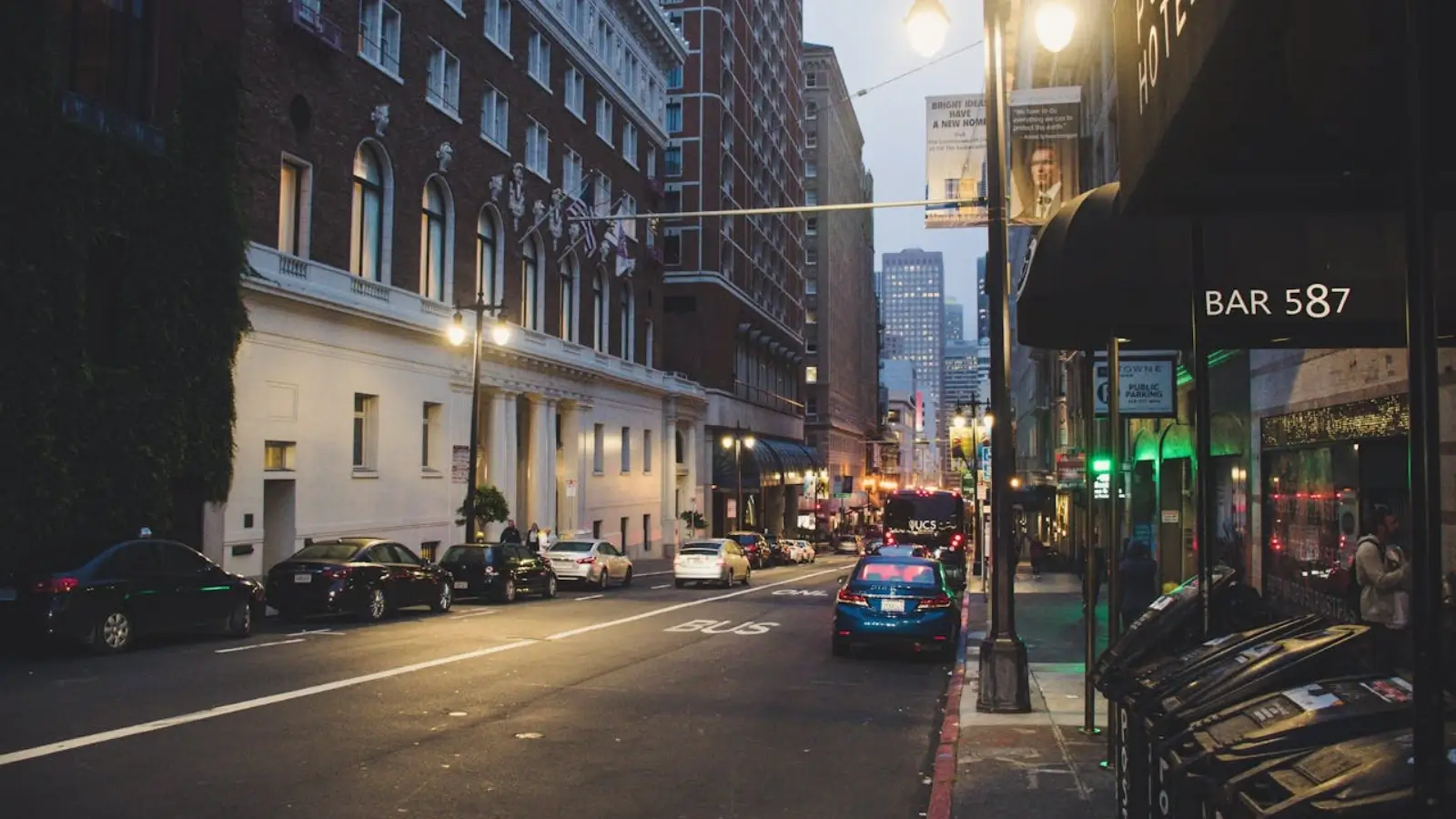


Fast-paced urban development has made everything more accessible to diverse communities. You have restaurants in the next block and emergency care at a stone’s throw. On the other hand, burgeoning urban spaces have also exacerbated the problems of traffic and parking management.
For businesses in healthcare and hospitality, parking problems can cost valuable business. Harried patients and disgruntled patrons are unlikely to leave satisfied. Many organizations are reevaluating their parking systems to reduce the time taken to find a spot and retrieve the vehicle.
Smarter parking management also reaps other distinct benefits with considerable returns on investment.
The COVID-19 pandemic awoke the world to the significance of work-life balance. More people realized that spending hours commuting does not make sense when they could use the time to take their kids to the park. A 2025 Randstad study found that work-life balance was the highest ranking factor for 83 percent of the surveyed professionals.
Sadly, return-to-office mandates have affected this balance. Many employees now lament the additional time spent traveling and parking as they have become accustomed to working from home.
Moreover, reports suggest that several offices are unprepared for day-to-day operations. A 2025 Federal News Network survey found that many employees need to arrive at the office early to get a parking spot. They may even have to spend over 30 minutes circling.
It follows that offices that facilitate smoother parking for their employees can help them save precious time in the mornings and evenings. Many commercial buildings suffer due to crowding and bottlenecks during rush hours.
Smart parking solutions can circumvent these challenges. They will allow staff members to enter and exit parking areas more quickly than before.
Business leaders in real estate or hospitality can take this call by assessing the potential returns on investment. They range from more satisfied employees to time savings and improved reputation as a considerate employer.
The role of more efficient parking solutions is even more vital in healthcare properties, such as hospitals and clinics. In many situations, visitors have stressors on their minds, which worsen with every minute spent in locating a parking spot.
Furthermore, many schedule doctor’s appointments during lunch hours on weekdays. They must return to their desks within a stipulated time.
Nowadays, more healthcare institutions across the USA are actively seeking strategic parking solutions. According to FC Valet, the focus of such initiatives must be on facilitating car retrieval while prioritizing safety.
For example, FC parking facilities recommend cameras and sensors to help visitors check spot availability faster. Similarly, data-driven insights can show the peak hours when finding spots is more challenging.
Integrating technology with standard parking operations can improve the visitor’s experience. It also saves them extra stress when they already have health concerns on their minds.
Another category of urban properties that require smart parking is hospitality establishments. Think restaurants, hotels, and bars. For these buildings, parking convenience is often integral for the business. Several make valet services available.
For example, some European hotels have implemented technologies like ANPR (Automatic Number Plate Recognition) and self-service kiosks. The goal is to reduce the time spent on parking, a mundane task, leaving extra space for relaxing activities.
In contrast, some new urban properties, such as Los Angeles’ SoFi stadium, lack adequate parking facilities. Forbes recently reported how it is unusual to have arenas without this basic convenience. The lack of parking can deter private car owners and affect the overall popularity of a venue. Not everyone wants to use public transport to watch a game.
Safety is also a significant concern, as curbside parking can be risky. The possibility of receiving parking tickets or having your vehicle stolen is the last stressor you want to battle when out to enjoy a show.
Valet services and swift parking can also be one of the few differentiators among fine-dining restaurants. Since competition in this industry is often cutthroat, it is best to excel on multiple fronts. These parameters could extend beyond the core offerings of food and beverages, spanning traffic movement, vehicle safety, and ambient noise.
No wonder some people on Reddit wonder if Michelin-star restaurants have distinctive valet services [r/finedining]. (It turns out some of them offer complimentary mints, bottles of water, and experienced drivers who can work with different vehicles.)
With urbanization likely to pick up steam in the coming years, ensuring ample and streamlined parking will be imperative. Strategic parking solutions can be ideal for busy, high-traffic properties that aim to improve their visitors’ experience and keep their vehicles safe.
Prioritizing these considerations for your patrons can make a pivotal difference in building your reputation as a responsible business.